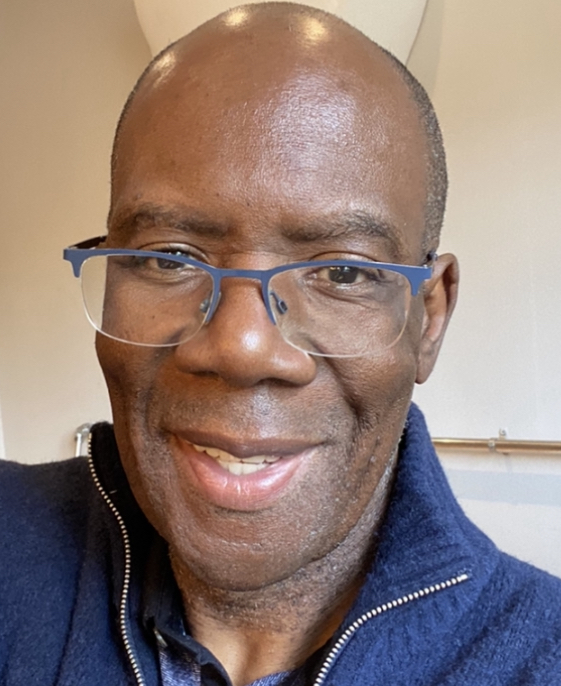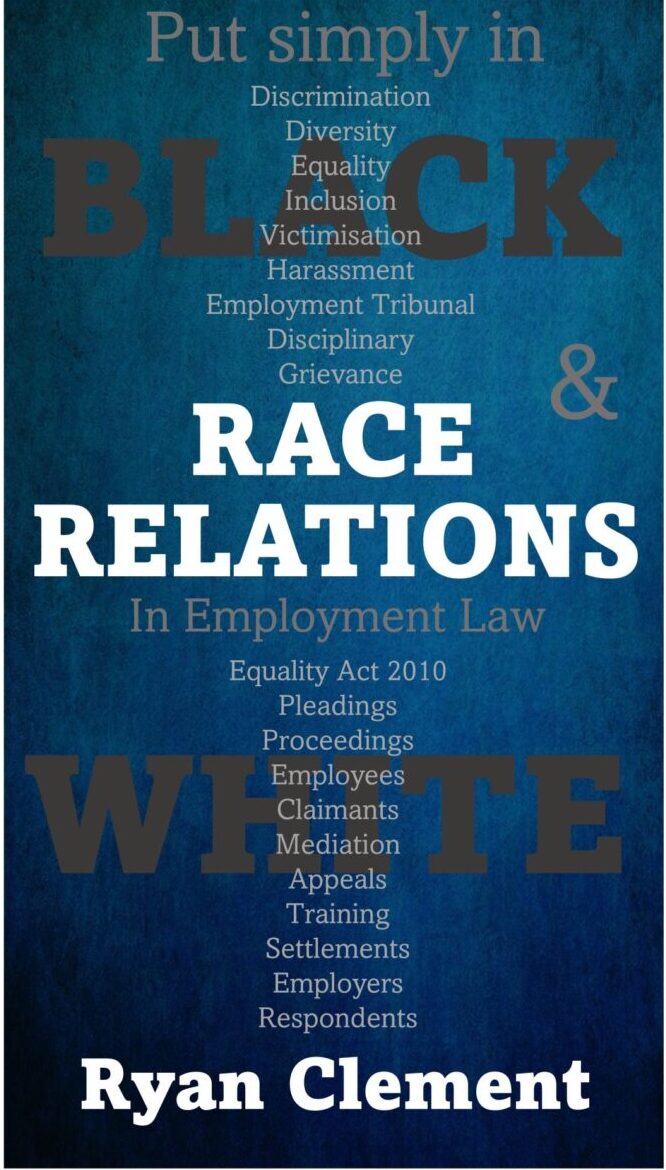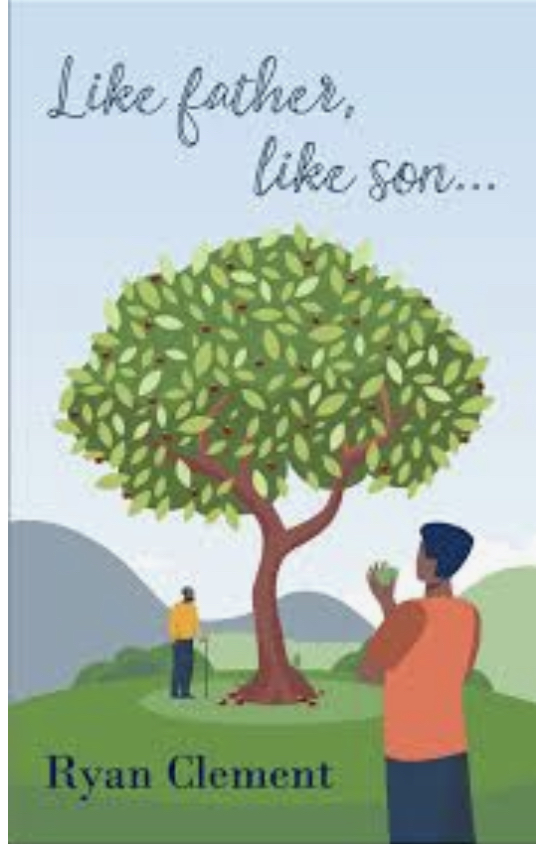“Now that the UK’s Black History Month (BHM) is over until October next year, I congratulate all those who worked tirelessly to achieve its objective. Thank you.”
Ryan ClementContributor
I had initially written, ‘who worked tirelessly to make it a success,’ but thought that would invite lazy thinking because many would simply read on without a pause for thought on what qualifies as, ‘a success,’ in this context.
More challenging is, I think, ‘to achieve its objective.’ In this way I can leave it to others to decide that one and whether such was achieved by the many contemporary activities on show, or by the TV entertainment services to which I subscribe advertising every movie in its catalogue that contained a black face whether the actor in question had a starring role or not, or whether posters of a few prominent black singers or athletes of today achieved the objective or meets the criterion for ‘History.’
I shall also leave it for those in the UK to decide whether BHM necessarily justifies the annual repeat of events that takes place on Stateside and would inevitably be raised and celebrated in February on that side of the Atlantic, or whether the focus should be on BHM as it pertains primarily or solely to those in the UK.
I shall also leave it for others to decide whether BHM should in fact be ‘every month’ of the year and, therefore, part of general British History. I express no view. Well, I express no view at this stage, which leaves the door open for future articles on the various points.
However, where I do express a view, now, is on the following.
As part of BHM in the UK I was invited to go to a museum to see the many African artefacts on display and that got me thinking.
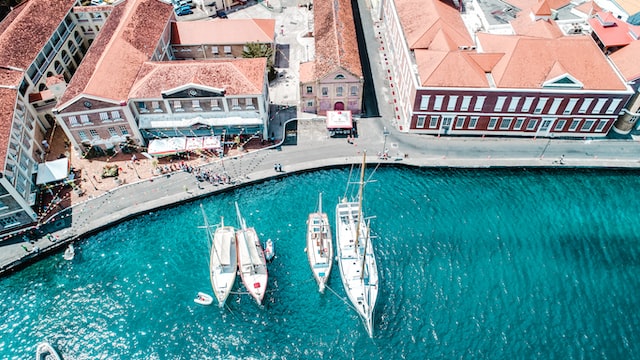
I remember many years ago, walking through Monkton Street in St. George’s during my, then, many annual visits to Grenada. I went to visit the Grenada National Museum. It is small but I enjoyed what I saw no less for that. However, I recall thinking at the time whether there were more that could have been displayed but which the curator may have decided against. After all, contrary to what we are told, Grenada was in existence before it was ‘discovered’ in 1498 by Christopher Columbus and so has had many years to build its national portfolio of artistic gems.
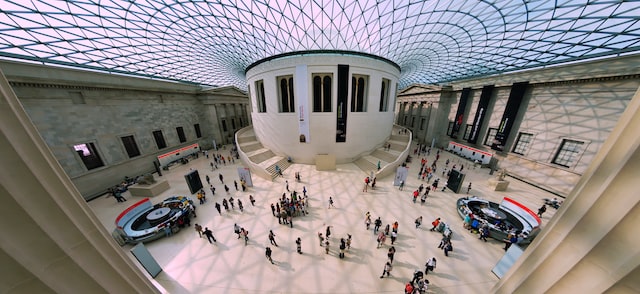
Amongst many museums I have visited in the UK, like many, has been the British Museum.
It’s grand. It’s informative. It’s enlightening. And it’s full. Very full! Without question, my favourites are the artefacts from Africa, Ancient Egypt, the Middle East and Asia. My son is fascinated by them all, especially the first. So, back to my invitation and to that which got me thinking. Although omitted from the national curriculum, many of us who are interested have read about the British Empire and how it once covered nearly a quarter of the world’s total land surface – yes, this tiny island once controlled and or colonised that much!
This is not the place to debate the ‘Empire.’
But now is the place to raise the question, why are many of our museums holding on to artefacts that were looted from former colonies? Yes, it is true that I have not, yet, travelled to the continent of Africa. But it’s not about me. If I must travel further than the short trip from home to Great Russell Street in London to see these magnificent artefacts and view them on their homeland where they rightly belong in such places afar as Ghana, Nigeria, Kenya or South Asia etc., then so be it.
I accept that some may well have been loaned to these museums, but I doubt that most were.
In my view, it simply cannot be right that museums keep artefacts etc. that we know were looted whether they are from distant places and belonged to those who were once colonised or not. I thought we had laws against such acts.
And, to rub more salt into the wounds, a large quantity of these artefacts is locked away and not even on display! In other words, they are kept from their rightful owners for ‘keepsake.’ I can’t help wondering whether any should be at ‘home’ in the Grenada National Museum.
Are there any stored away artefacts that were created by Arawaks or Caribs or Others that I shall never see in my lifetime or that which shall never to see the light of day any time soon? I’m intrigued. Returning to the main theme.
On the question of artefacts from former colonies that museums know were not loaned to them and were (actually or in all probability) looted, I ask, sincerely, on what legal and justifiable basis are they kept? Professionally, I am not to ask a question to which I do not already know the answer, but I am stumped on this one.
On a discussion on whether he would advise that a famous diamond, which has religious and cultural significance to those who claim it as their own, should be returned from whence it came, David Cameron is reported as saying,
“If you say yes to one you suddenly find the British Museum would be empty.”
Interesting. Could you imagine, when put to the Known-Compulsive-Good-For-Nothing-Thieving Defendant by Counsel for the Prosecution under cross-examination, “Why didn’t you return the loot to their rightful owners?” the Defendant replies with a confident smile, relying on Mr. Cameron’s reasoning, ‘Sir, I refrained from doing so as that would have left my house empty!’
I can see the disbelief expressed on the jury’s faces and Your Honour looking up from her half-rimmed glasses with an expression that says it all.
“I rest my case”.


